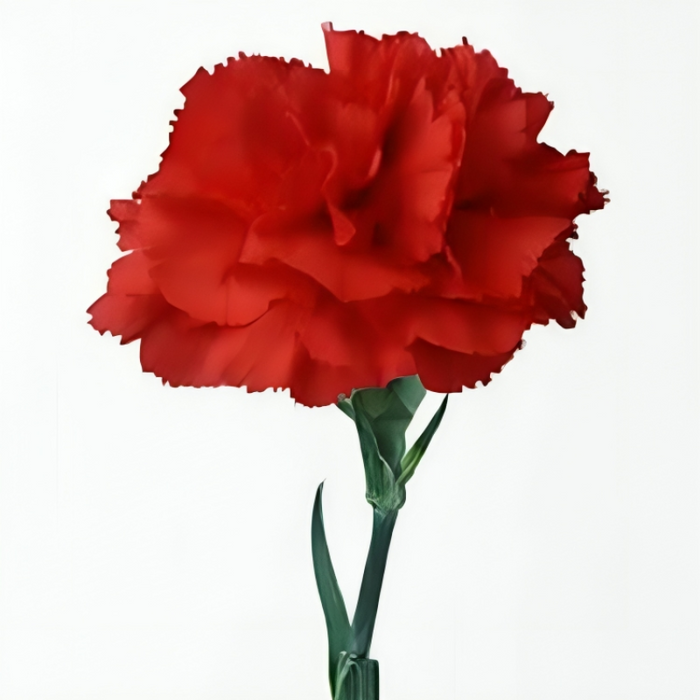
Scarlet Carnation Flower Seeds
Save 50%
Original price
$10.00
Original price
$10.00
-
Original price
$10.00
Original price
$10.00
Current price
$4.99
$4.99
-
$4.99
Current price
$4.99
Discover the beauty of Scarlet Carnation Flower Seeds, a botanical masterpiece that adds a burst of passion to your garden. These seeds yield blossoms with intense crimson hues, embodying nature's fiery spirit. With these seeds, cultivate a garden that sparks joy and admiration. Unveil the beauty of nature's palette!
Specifications:
- Color: Bright red flowers bring vibrant color to garden beds.
- Plant Seeds: Start indoors early or sow outdoors after frost danger passes.
- Plant Height: Grows up to a compact and tidy 24 inches tall.
- Plant Spacing: Allow 12 to 18 inches between plants for best growth.
- Bloom Time: Blooms from late spring through mid-summer.
- Hardiness Zone: Thrives in USDA zones 5 through 10.
- Light Requirements: Performs well in full sun to partial shade.
- Soil & Water Preferences: Prefers average, well-draining garden soil.
- Quantity: Includes approximately 50 seeds per packet.
Package Includes:
- Seeds, Ziplock Poly bag labeled with color photo, Plant Stats, Planting Instructions




